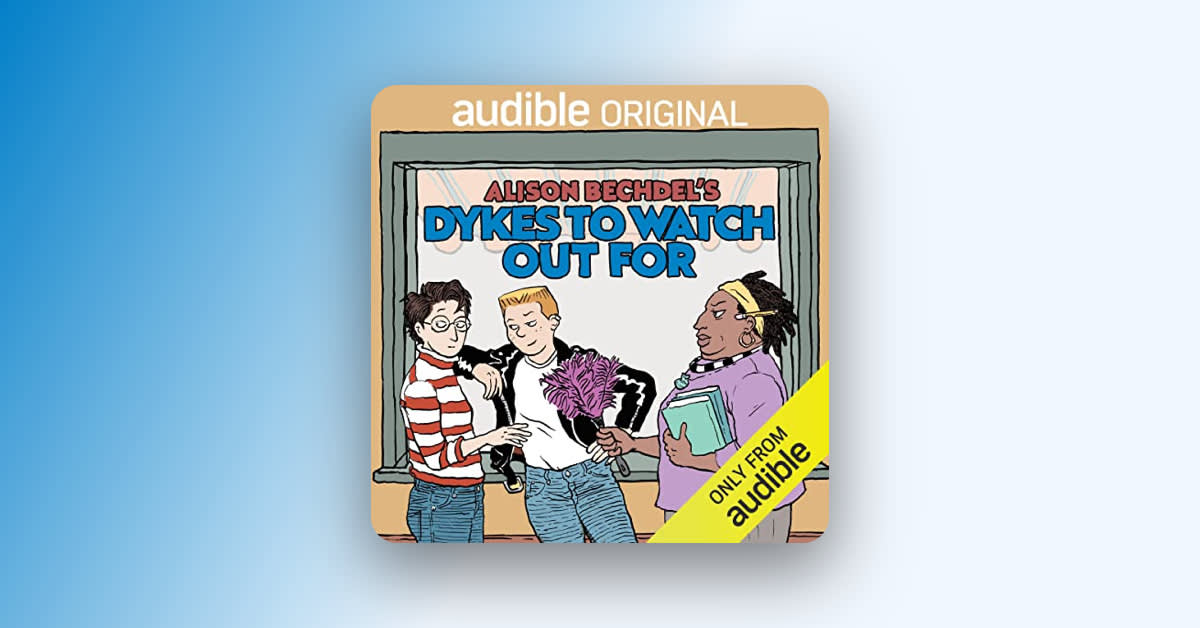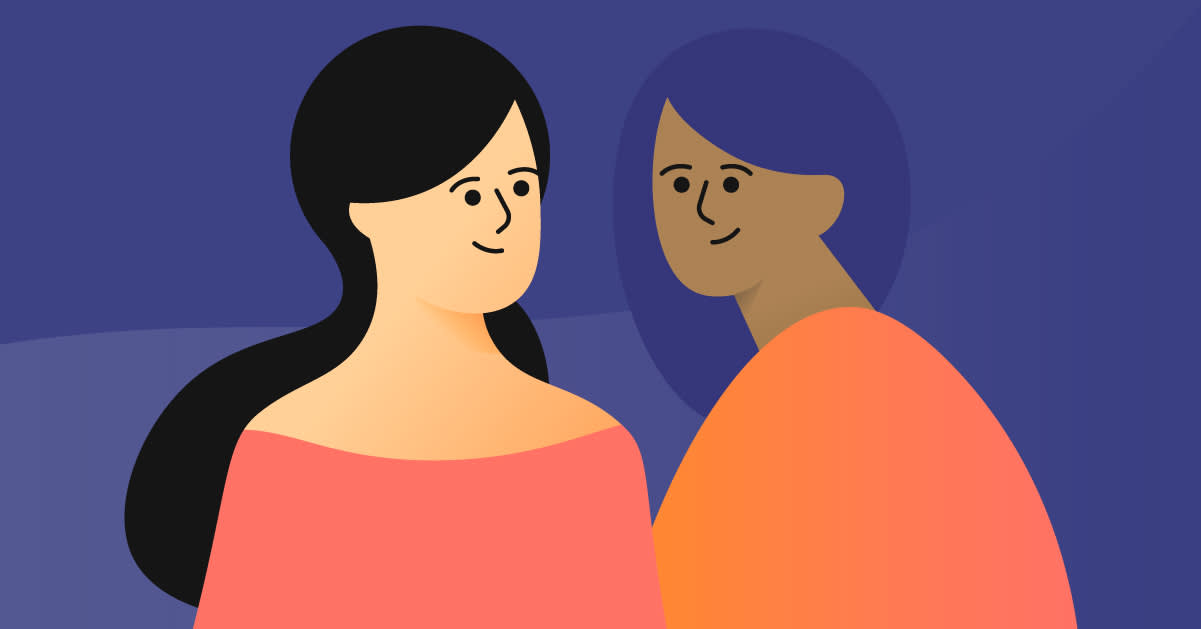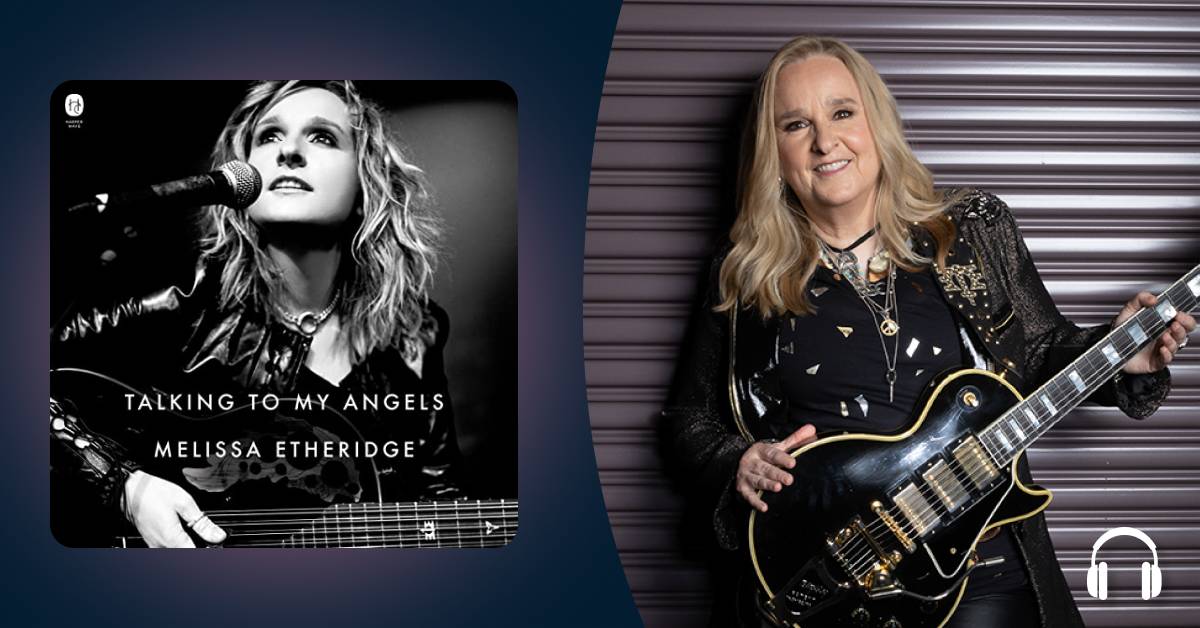Why it's essential
Cartoonist and writer created a staple of lesbian culture with her long-running comic strip . The strip, which featured a tight-knit lesbian friend group, ran for 25 years and was syndicated in queer newspapers across the country.
Featured in .
What is Dykes to Watch Out For about?
Dykes to Watch Out For is a comic strip created by lesbian cartoonist Alison Bechdel in 1983, which stars politically active and chronically single lesbian Mo and her diverse group of queer friends. Over the enduring lifespan of the strip, we see Mo and her friends attend political rallies and pride parades, debate tactics for queer liberation, and share the joys and drama of their love lives.
Editor's Review
I have a vivid memory of the first time I met the characters in Alison Bechdel's Dykes to Watch Out For. I was in grad school at the George Washington University taking a Lesbian History and Culture class with Dr. Bonnie J. Morris—an iconic dyke to watch out for herself. Dr. Morris assigned as one of our class readings. Running more than 400 pages, it's an almost complete collection of over two decades' worth of the beloved comic strip. Dr. Morris suggested we flip through the book and get a sense of the comics. But from page one, I was hooked. I stayed up late into the night to take in every last pane.
Growing up as a lesbian in Arkansas and Oklahoma, queer community wasn't exactly out there. It took me years to find my people, politically active and passionate folks who weren't afraid to go against the norms. But in Dykes to Watch Out For, my friends were right there on the page. I recognized the inside jokes we make coming from the mouths of Bechdel's characters, saw a familiar passion for changing the world, felt the same heartbreak when a relationship goes sour. I was still early in my own queer journey when the comic strip ended in 2008, but even the jokes from its early days in the '80s feel incredibly fresh and relevant today. The whole series showcases the timeless joys and challenges of lesbian love—not just romantic but also queer friendships and community.
As a fan of the comics, I was delighted to hear they were getting a new release as an audiobook. And any questions I had about how the illustrated format would come across on audio vanished the moment I read the names of the all-star cast. Jane Lynch! Roxane Gay! Carrie Brownstein! Roberta Colindrez! Some of my favorite queer performers! But as anyone with an emotional attachment to a book being adapted into a new format might feel, I felt a little nervous. Would the new version convey the comics' charm and big heart? Would I be able to experience the nuances of the characters without seeing Bechdel's signature drawings?




